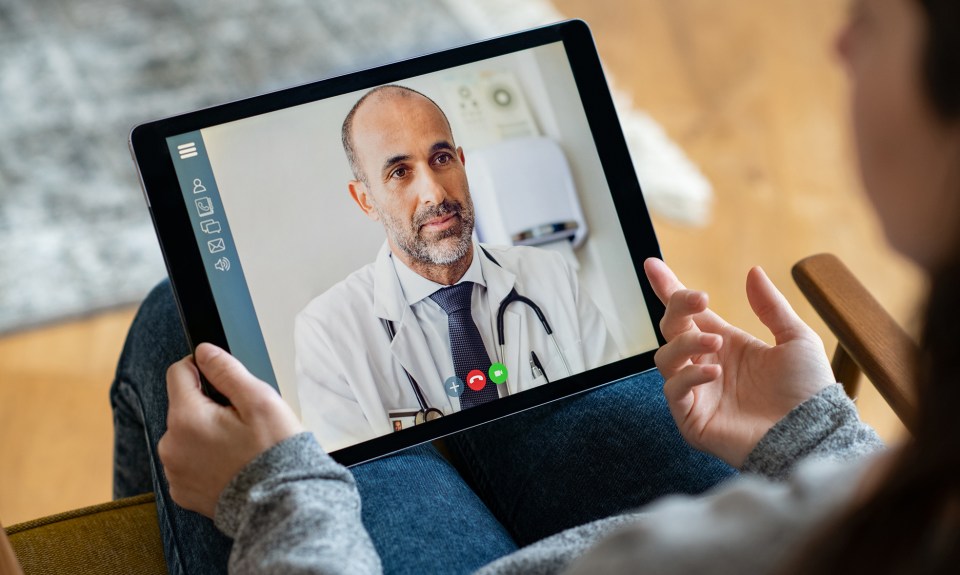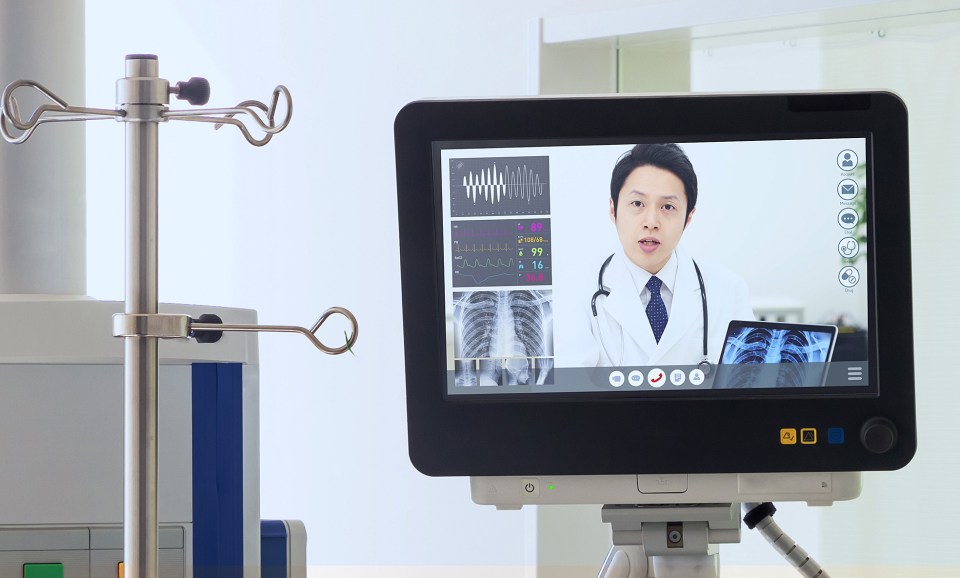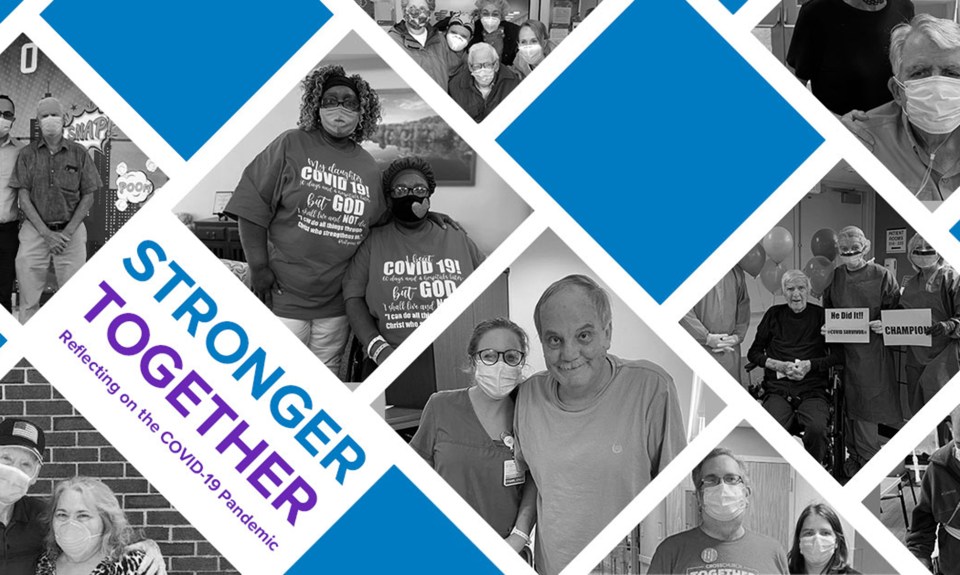The COVID-19 pandemic has changed our lives in many ways. While we continue to hope that some of those changes will eventually go away, there are some—namely in the area of healthcare—that are likely to stick around well after the pandemic.
However, this isn’t necessarily a bad thing. In fact, some of those changes could be quite good for both patients and healthcare workers alike. The following are just a few of the lasting impacts that the COVID-19 pandemic could have on the healthcare industry as a whole.
Inpatient rehabilitation is the right setting for medically complex patients
Prior to the pandemic there was a common misconception that sicker patients could not tolerate three hours of therapy a day; therefore, the thought was, inpatient rehabilitation was not the proper setting of care for them. Those of us working in this setting know that assumption to be false, and the recovering COVID-19 patients we treated during this time drove that point home.
These patients came to us from the acute care hospital extremely weak, often having been on a ventilator for weeks. Our multidisciplinary approach to therapy plus our hospital level of care allowed them to heal and regain their strength, resulting in roughly 80 percent of recovering COVID-19 patients in our care discharging back to their communities.
We were able to meet these patients where they were in their recovery, designing therapy and care plans specific to their goals and needs, just as we do with all of our patients, such as those recovering from a severe stroke or brain or spinal cord injury.
There will be a continued focus on mental health, and not just for patients
If there was ever a time that tested the mental health of all of us, it has been the COVID-19 pandemic.
The isolation and separation for patients has been extremely difficult, as have the pressures put on those working in healthcare during this time. While we’ve long screened for signs of depression and anxiety in our patients, we may have overlooked ourselves as well as those working alongside us.
This is not new, but certainly something the pandemic has shined a spotlight on. Just as we take care of our patients’ mental health, we must also take care of ours and our colleagues in healthcare during and after this pandemic.
Telehealth will continue to be an option for the right patients and circumstances
As many sheltered at home, telehealth allowed patients and their physicians to stay connected.
While a physical examination can’t be replaced by a video call in certain instances and settings of care, telehealth has proved valuable for many patients and their physicians at this time. This is likely to increase in the future, but only for the right patients and the right circumstances.
Communications among staff and patients is key
This has always been the case, but again, the COVID-19 pandemic has emphasized this fact. Constant communications between clinicians and their patients and their caregivers has been especially crucial, but it’s also crucial among our disciplines and leadership.
When the CDC declared COVID-19 a pandemic in March 2020, the news was changing daily. At Encompass Health, our COVID-19 task force was meeting multiple times a day, informing our hospitals of the changing guidance coming from the CDC and more. At our individual hospitals, leadership was alerting staff daily of any changes.
It’s those communications that allowed us to continue to operate efficiently amongst all the change and uncertainty.
Pandemic or not, those frequent communications must continue to be a priority, so we can best serve both our patients and their caregivers, as well as our colleagues and staff.
The content of this site is for informational purposes only and should not be taken as professional medical advice. Always seek the advice of your physician or other qualified healthcare provider with any questions you may have regarding any medical conditions or treatments.




